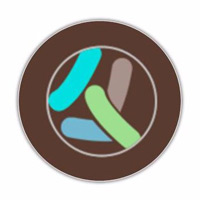NIH study suggests a potentially cheap and effective treatment for a painful condition.
Inflammation, itching, painful skin lesions: This is everyday life for patients with atopic dermatitis, a type of eczema that affects roughly 11 percent of adults and 7 percent of children in the United States and accounts for nearly $5.3 billion in annual health care costs. Topical steroids, usually hydrocortisone ointments, are often the first line of defense against eczema. The list price for a jar of such ointment can exceed $100—and it usually needs to be applied daily.
“Living with atopic dermatitis can be physically and emotionally challenging,” Anthony S. Fauci, director of the National Institute of Allergy and Infectious Diseases, said in a statement. “Currently available therapies can be time-consuming—requiring multiple daily applications—and costly.”
Indeed, skincare companies target eczema patients with expensive lotions, oils, and other products. Even within the health care industry, a 2017 study found, outpatient care and prescription costs add up to thousands of dollars each year for patients with atopic dermatitis.
Now, scientists have identified a potentially cheap and effective alternative: bacteria.
In an early-phase clinical trial at the National Institutes of Health, the bacterium Roseomonas mucosa reduced the severity of atopic dermatitis in adults and children. The bug, naturally present on human skin, was previously shown to improve symptoms in mice. The ongoing trial is the first time it has shown results in human patients.

